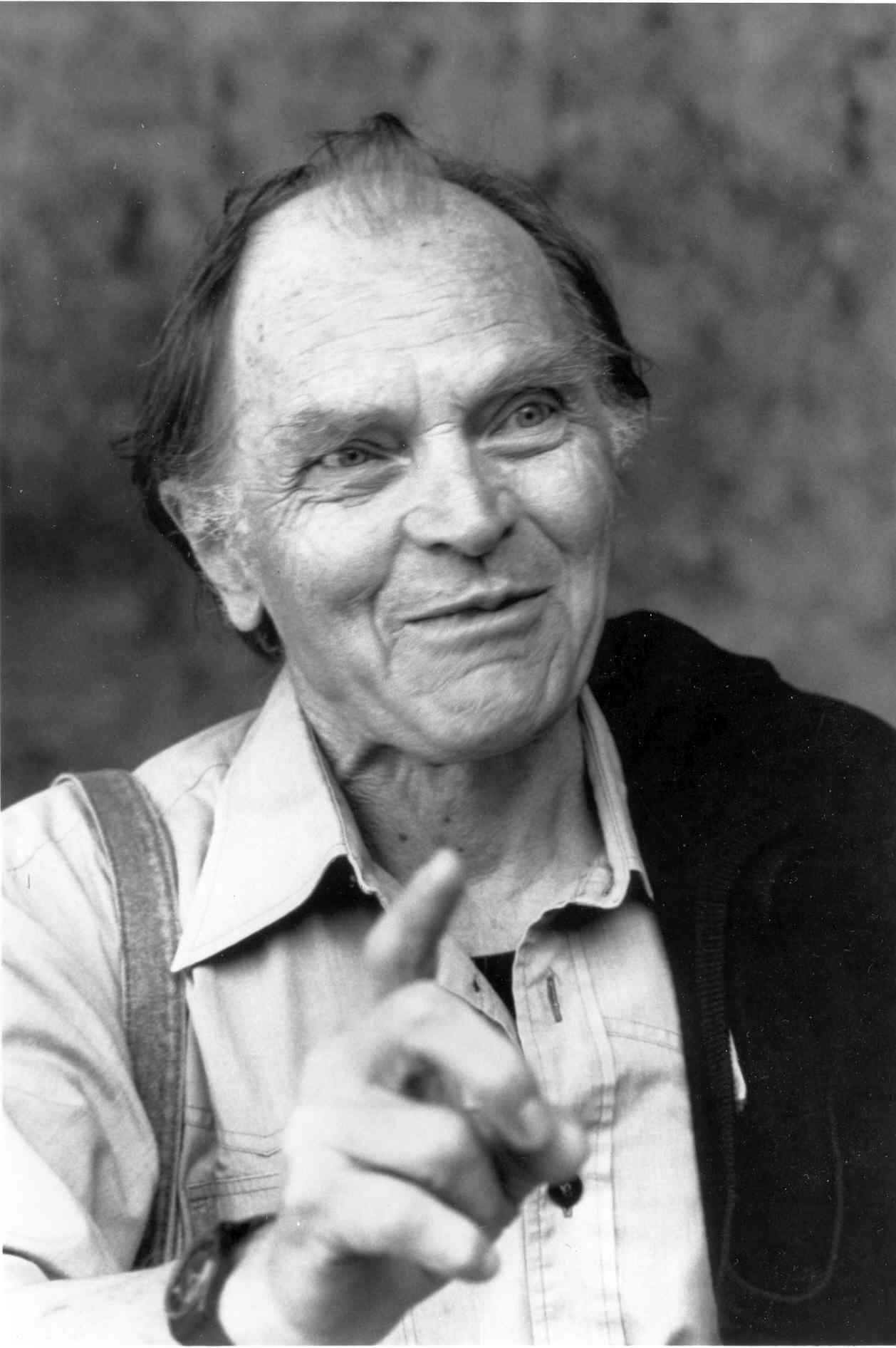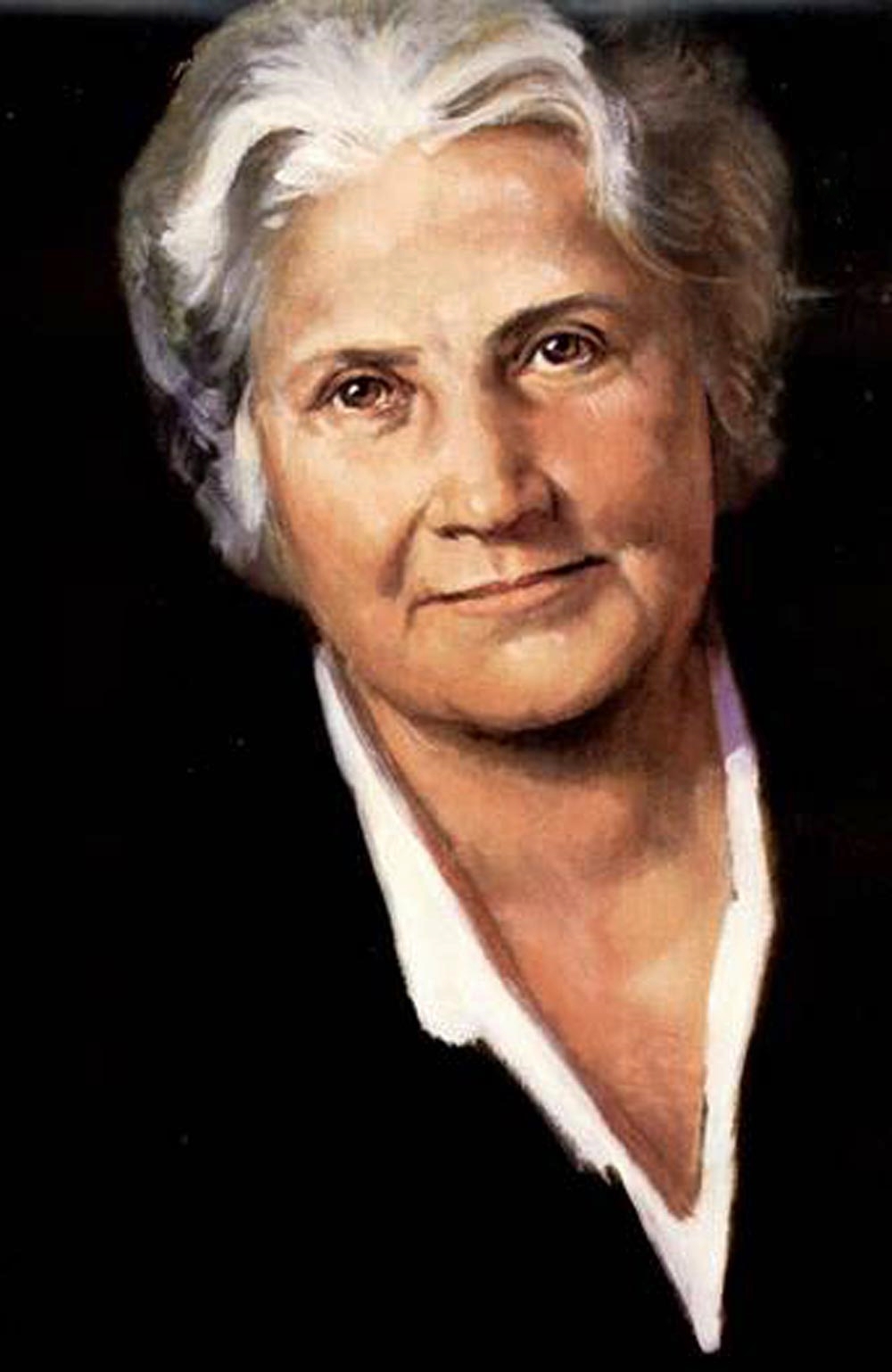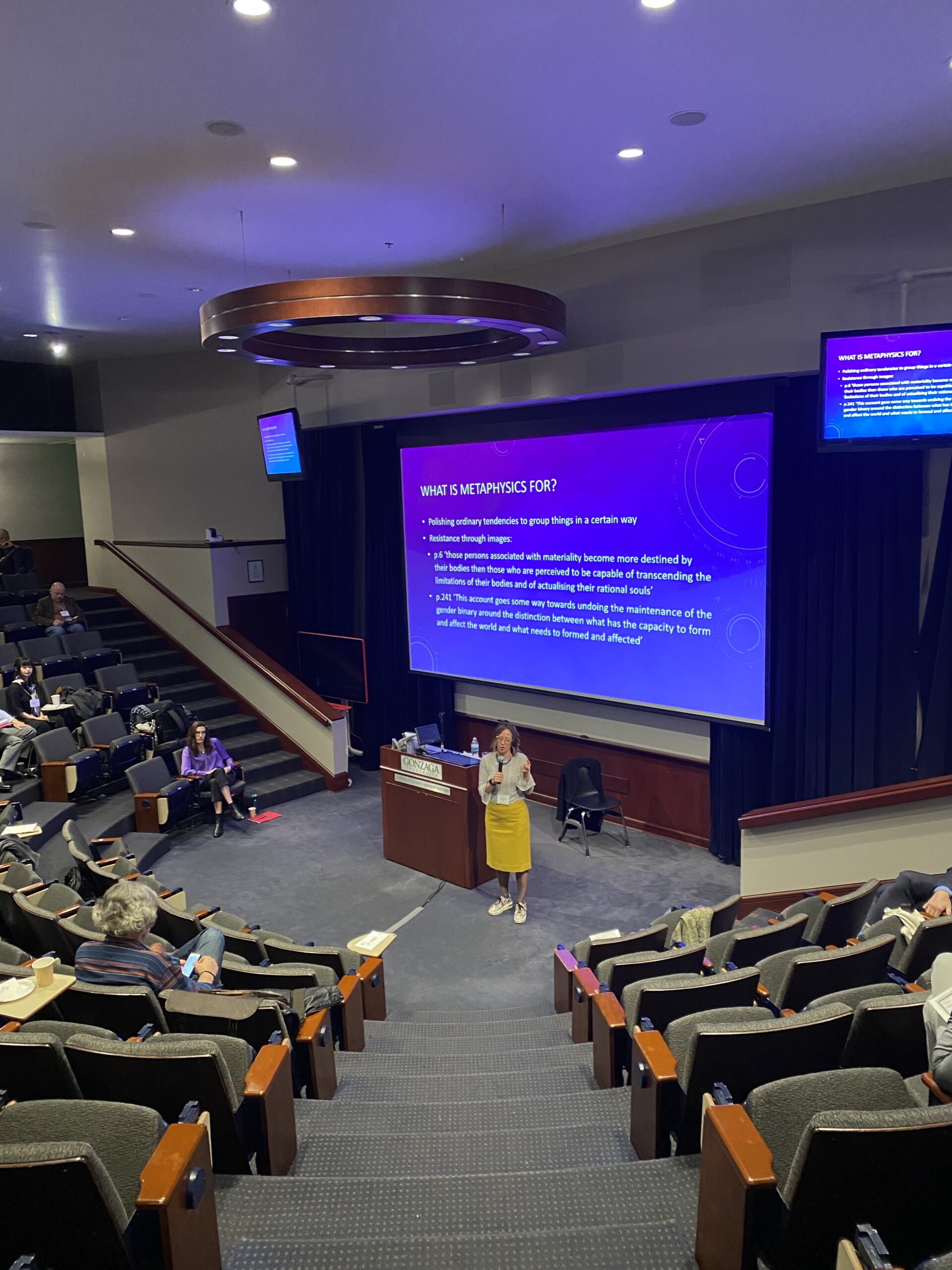By Richard Pimentel
Imagine this conversation between Pope Benedict XVI and the late Ayn Rand. Yes, you heard correct, Pope Benedict XVI and Ayn Rand, the late Russian author and philosopher who was known for writing The Fountainhead and Atlas Shrugged and for her philosophy of objectivism.
Benedict: Ms. Rand, you remind me of Oriana Fallaci, my late friend. Although she was an atheist like yourself, I find that there are certain things that we can agree upon, particularly our opposition of Islamic totalitarianism (Islamism) and terrorism. For instance, I cite a quote from a Byzantine emperor regarding Mohammed and look at the problem that it created. I believe you understand where I was coming from.
Rand: Yes, I see that it caused quite a stir. However, the context in which your remark was made has been lost in all this controversy.
Benedict: Yes, I agree.
Rand: Correct me if I am wrong. You were making the point that violence is against reason. When you referred to this dialogue between Emperor Paleologus and a Persian Muslim, your concern was not to degrade Mohammed and Islam but to point out that any violence committed by a religious believer is unreasonable. On top of that, your speech was not about Islam but it was a speech about the relationship between faith and reason.
Benedict: Yes, that is true.
Rand: Can we further discuss your assessments about reason?
Benedict: Most certainly.
Rand: With the exception of self-defense, I agree that any violence, whether it is committed by a religious believer or a non-religionist, is unreasonable. But I cannot agree with your reason for this conclusion.
Benedict: Yes, I thought that might be the case. I firmly believe that violence is unreasonable because it is incompatible with the nature of God and the nature of the human soul. The theme of my address was to present the argument that reason in modern Western society has been corrupted by the fact that it has become secularized. It has been divorced from its very origin – the God of the Bible. Since the Enlightenment, reason has evolved into something unspiritual and therefore empty. This has bankrupted reason because its foundation is found in God. Reason and faith are interdependent. I am not against modern reason but I am against the restriction that modern reason has imposed upon faith.
Rand: You probably heard this also from Ms. Fallaci – God does not exist. Therefore, God cannot be the source of reason. You claim that there is a spiritual dimension to reason and that faith is compatible with reason. Reason is the opposite of faith. Therefore, your conclusion that violence is opposed to reason is correct but the premises that you offer is incorrect.\
Benedict: If you agree with my conclusion, then what evidence do you provide?
Rand: My philosophy of objectivism grounds the evidence. Reason is the only means of acquiring knowledge that man possesses. It is man’s basic means of survival. In addition, man can only exercise the faculty of reason by choice. One must be free to think; one needs to choose to think. This is one reason why I reject religion. It is opposed to reason because religion subjugates man to another (God) beyond his control. This strips man of his free will and therefore, reason is opposed to faith. Also, the altruism that is predominant in many religions, particularly Christianity, is useless. Man’s moral worth is found in pursuing happiness for his own life and it is not found in sacrificing for others.
Benedict: You exalt man’s free will but do you believe that man should not freely pursue religion?
Rand: Certainly not. I believe that man should be free to pursue his choice of religion. However, this does not change my view that faith and religion are independent. I believe that faith is unreason able.
Benedict: Well, I guess we will have to agree to disagree. Perhaps we can go back to our shared abhorrence of unreasonable extremism that religion can foster and the terrorism produced by it. But there is something I would like to point out. I believe that we agree that the violence committed by radical Islamic jihadists is certainly unreasonable. What these extremists are doing is not only against the West but is against reason and thus hurting Islam and religion as a whole. There are radical Muslims out there who got angry with my citation of a quote stating that in Mohammed “you will only find things evil and inhuman.” They proceed to counter this claim, not by arguing in a peaceful and civil manner, but by behaving in a violent manner. They attempt to refute the claim of violence committed by Mohammed by also committing violence. This is against reason.
Rand: Yes, I agree. But I will take it one step further. Once religion is allied with political power then tragedies and abuse of power occur. It is this point that I believe where the ideological clash lies today. It is not a battle against Islam or against an individual’s adherence to Islam but against political Islam that promotes terrorism and hatred towards the West and reason. It is a clash between reason and unreason.
Benedict: If God willing, reason will win out.
Rand: That’s a reasonable thing to say.
At this point, one may ask why Pope Benedict and Ayn Rand? The answer is contained in their fictional conversation. The issue of Islamic totalitarianism has affected both Pope Benedict and Ayn Rand. The Pope has been involved in a controversy that has brought ire from Muslims worldwide. Ayn Rand passed away in 1982 but her influence and ideas is still carried out today in the form of numerous organizations that promote Rand’s philosophy. One of those organizations is the Ayn Rand Institute. The Ayn Rand Institute held an Objectivist Conference in Boston, MA from October 20-22. This particular Objectivist Conference was named The Jihad Against the West: The Real Threat and the Right Response and its aim was to examine the threat of Islamic totalitarianism or radical jihad (Islamism) and “the right response necessitates engaging in a principled, ideological battle to defend the West from the jihad declared against it. “ The Ayn Rand Institute assembled a group of Middle East experts to discuss this issue over a three-day period. From this conference, along with inspiration from fictional dialogues written by the Catholic philosopher, Peter Kreeft, came the idea of the fictional dialogue between the Pope and Ayn Rand. In particular, Prof. John Lewis’ lecture on Islamic totalitarianism focused on his argument that religion allied with politics poses a danger to modern civilization. In the next monthly installment of WhiP, I’ll explore the ideas that came out of these conference lectures.








/Mary-Wollstonecraft-x-162279570-56aa24f45f9b58b7d000fc2b.jpg)
